Did you just receive a high price for your green slip renewal? You don’t have to stay with the same insurer. Find out how to compare prices and change your green slip insurer. Read More
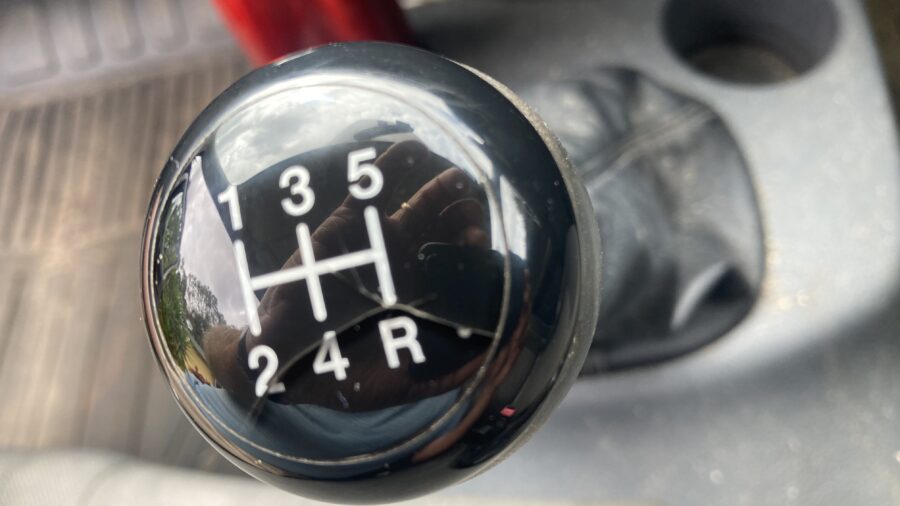

Did you just receive a high price for your green slip renewal? You don’t have to stay with the same insurer. Find out how to compare prices and change your green slip insurer. Read More
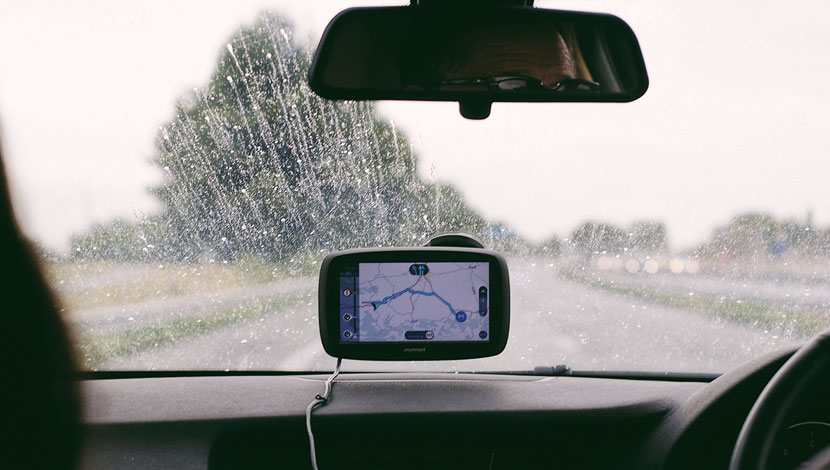
Using touchscreen menus while driving could be as distracting as texting. In fact, the vehicle safety body wants to bring back button controls. It’s curious that touching a mobile phone while driving is an offence, but using a touchscreen is not. Read More
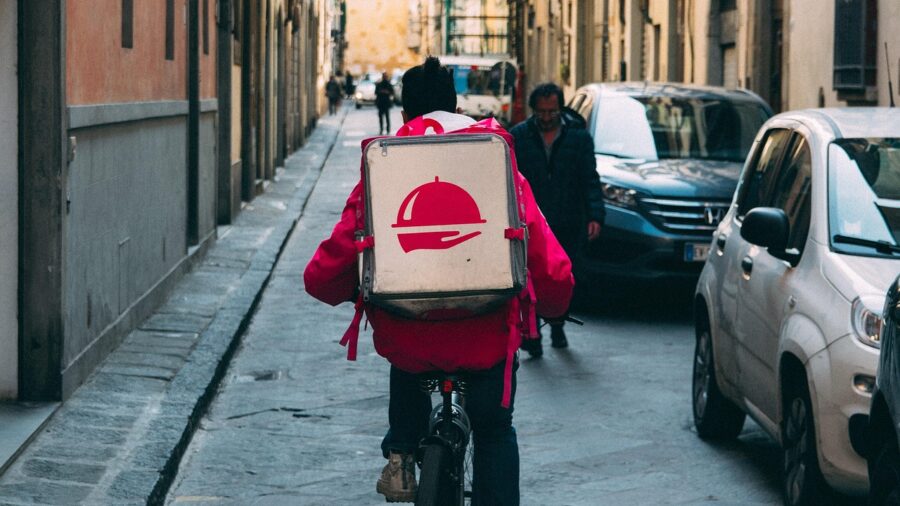
Did you know an e-bike is not always a bicycle? Crashes and injuries are increasing as more people are riding them. We explain what is an e-bike and what laws apply when you ride one. Read More
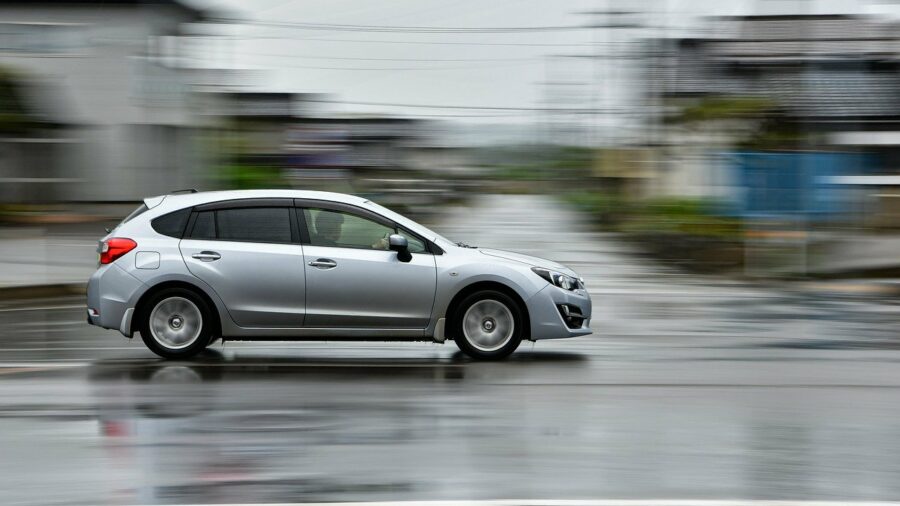
Are you a business owner who needs a green slip for your vehicle? Consider who owns it, primary use of your vehicle, how far you travel and GST. Our green slip calculator compares prices for business owners. Read More

When you buy a green slip, do you wonder where your money goes? Around two thirds of a green slip premium goes directly to people who make green slip claims. The rest goes to the insurers, the Fund Levy, GST and other expenses of the Compulsory Third Party green slip scheme. Read More

The real cost of having demerit points on your licence is higher than you think. Did you know each demerit point lasts for 40 months? You may also pay over half more for your green slip – for 3 years. If you reach the limit, you lose your licence. Read More

Living on a crossroads in a busy suburb, we often hear drivers honking their horns. We call it ‘the daily honk’. What if, instead of a klaxon, we heard the quacking of a duck? Sounds quackers? Read More
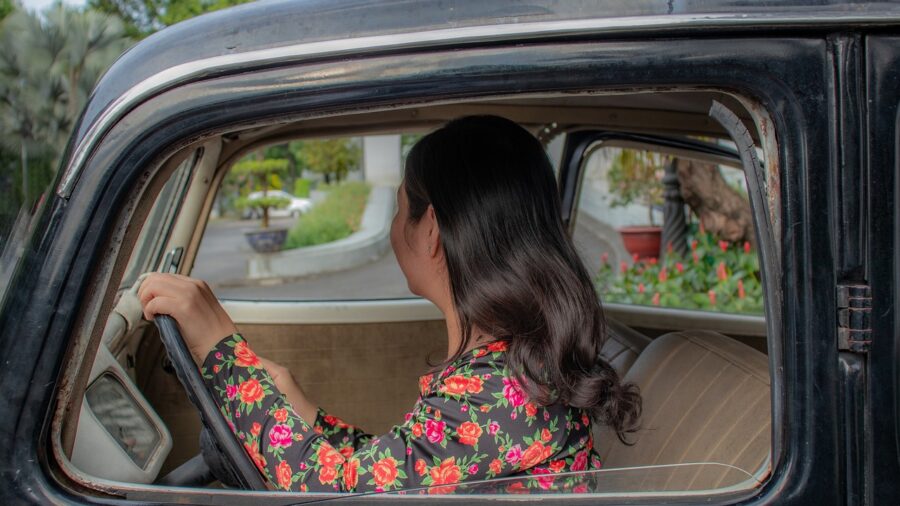
It’s natural to want to save money. Some parents may drive a late model car while their teenager drives an old bomb. But inexperienced drivers are among the riskiest and older cars don’t protect them in a crash as well as newer ones. Read More
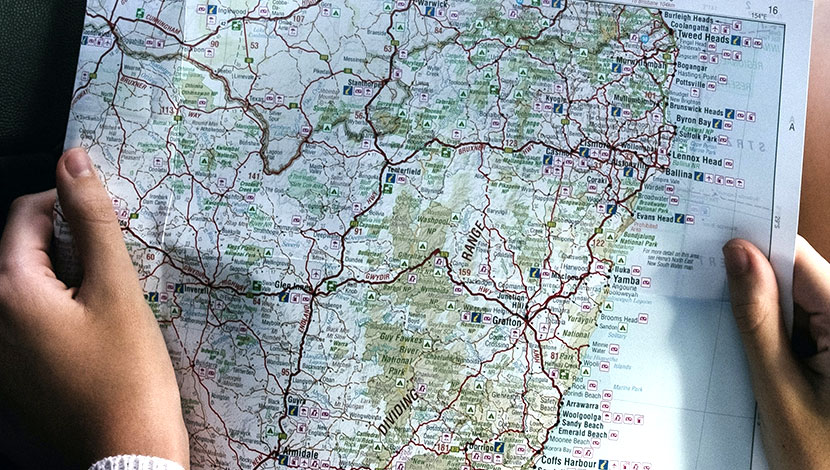
Did you know your green slip price depends partly on where you live? This is because insurers see some areas as higher risk for accidents and claims. Find out how much your address affects your green slip price. Read More
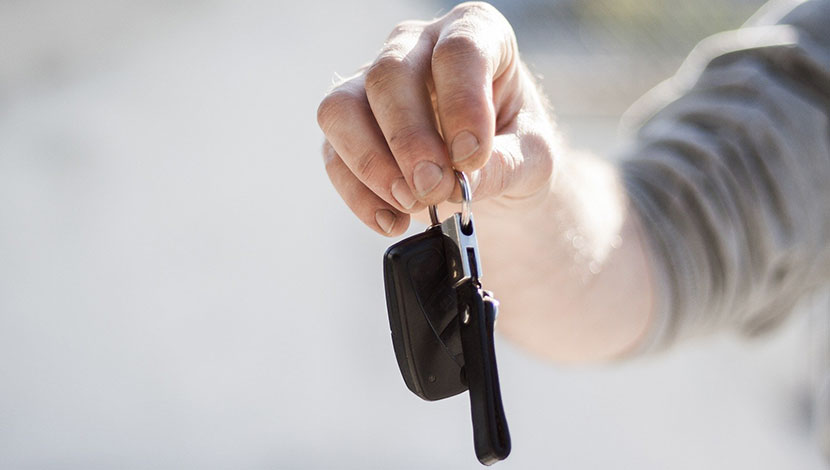
To share or not to share your car? We look at the pros and cons of sharing your vehicle with your kids. See what it means for the cost of your green slip. Read More
Do you have more questions about CTP green slips, insurers or the greenslips.com.au Calculator? Search our site using our new AI Search.